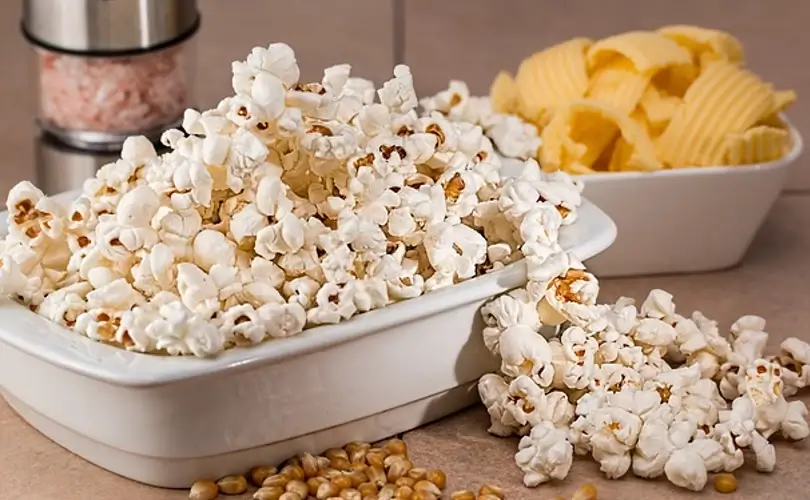The acute desire for food that some people get after smoking marijuana is called the “munchies,” and “munchies” is slang. Cannabinoid hyperphagia is the medical term for what people commonly refer to as having the munchies.
Getting the munchies after smoking marijuana is a phenomenon that has been analyzed from several different angles. One hypothesis proposes that tetrahydrocannabinol (THC), the component of marijuana responsible for its euphoric effects, stimulates the endocannabinoid system. The endocannabinoid system, also known as the cannabinoid receptor network, controls a wide range of physiological processes within the body, including appetite. Increased hunger is a potential side effect of THC’s interaction with these receptors.
Smoking marijuana, according to another idea, can interfere with the natural synthesis of hunger hormones in the body. The hormones ghrelin and leptin, among others, have a role in regulating appetite. An increased appetite may result from a disruption in these hormones.
Last but not least, many think that having the munchies is nothing more than a psychological condition. People who use marijuana may have a greater tendency to focus on food and may find it more enticing due to this focus. Concentrating on food may result in a more significant amount of food consumed.
Whatever the cause may be, having an overwhelming urge to eat is something that frequently happens to people who smoke marijuana. There are a few things that you may do to keep your appetite in check if you smoke marijuana and find that it causes you to have the munchies.
Healthy Choices
Consume nutritious munchies: When you are hungry between meals, rather than grabbing for junk food, give yourself healthy munchies like fruits, veggies, and nuts. Drink a lot of water because hunger and thirst can often be confused. Be sure to keep yourself hydrated by drinking much water throughout the day. If you discover that you are thinking about food, try to take your mind off it by doing something else, such as reading, listening to music, or walking. Activity will help you keep your mind off of the food.
Talk to your physician if you are concerned about your appetite. If you are worried about your appetite, talk to your physician. They will be able to assist you in determining whether or not an underlying medical problem is the root cause of your increased hunger and cravings. It is essential to remember that the food cravings are not in and of themselves detrimental. Suppose you smoke marijuana and discover that it causes you to overeat or eat things that aren’t good for you. In that case, you must discuss this issue with your primary provider or a qualified dietitian. They can assist you with a healthy eating plan tailored to your needs.
